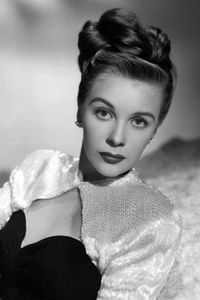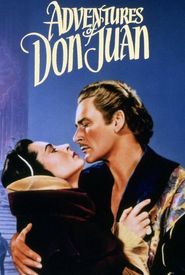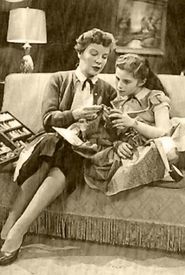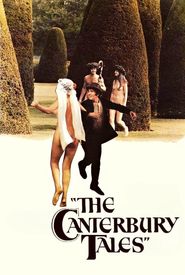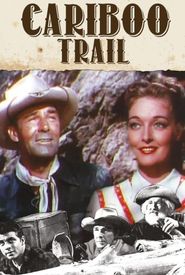Mary Stuart's illustrious career spanned nearly four decades, making her one of the most popular daytime television actresses. She played the iconic role of Joanne Gardner Barron Tate Vincente Tourneur on Search for Tomorrow from 1951 to 1989, earning her a special place in the hearts of audiences.
Born Mary Houchins on Independence Day, 1926, in Miami, Florida, Mary grew up in Tulsa, Oklahoma, where she showcased her musical talents at an early age. She sang with local bands at 12 and performed with the USO at various military bases during her high school years. After graduating, Mary worked as a photojournalist before pursuing an acting career in New York.
Mary's early days in Hollywood were marked by small, obscure roles, including a Mexican half-breed in Thunderhoof (1948) and a cigarette girl in The Girl from Jones Beach (1949). However, she eventually caught the attention of producer Joe Pasternak, who put her under contract with MGM. Mary spent years playing minor parts, often doubling for stars in screen tests.
Disillusioned with her lack of success, Mary returned to New York to study acting. It was during this time that she landed the role of a lifetime, Joanne Gardner Barron Tate Vincente Tourneur, on Search for Tomorrow. She married Time-Life executive Richard Krolik a month before the show's premiere and went on to have two children, Jeffrey and Cynthia.
Throughout her tenure on the show, Mary faced numerous challenges, including battles with writers who attempted to kill off her character and potential cancellations. Despite these obstacles, Mary and her Joanne character remained survivors, and the show finally came to an end in 1989.
Mary's achievements extended beyond her work on Search for Tomorrow. She became the first daytime performer to be nominated for an Emmy Award in 1962, competing against prime-time actresses Shirley Booth, Cara Williams, Gertrude Berg, and Mary Tyler Moore. Although she lost to Booth's character, Hazel, Mary's nomination marked a significant milestone in her career.
In her later years, Mary continued to work in television, taking on roles in One Life to Live (1968) and Guiding Light (1952). Her autobiography, Both of Me, was published in 1980 and provides a comprehensive history of her time on Search for Tomorrow.
Mary Stuart passed away from cancer in 2002 at the age of 75, leaving behind a legacy as one of the most beloved and enduring daytime television actresses of all time.
